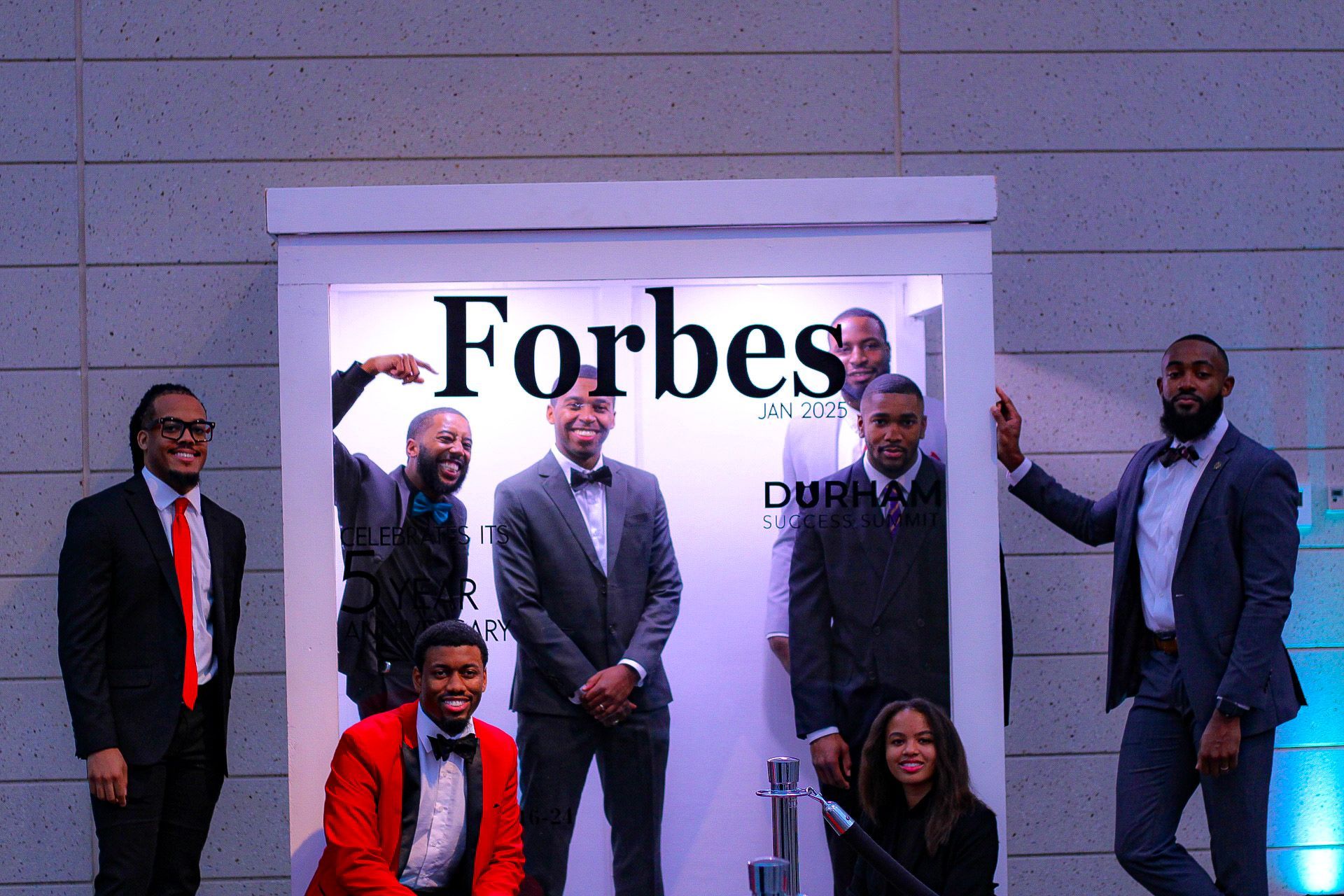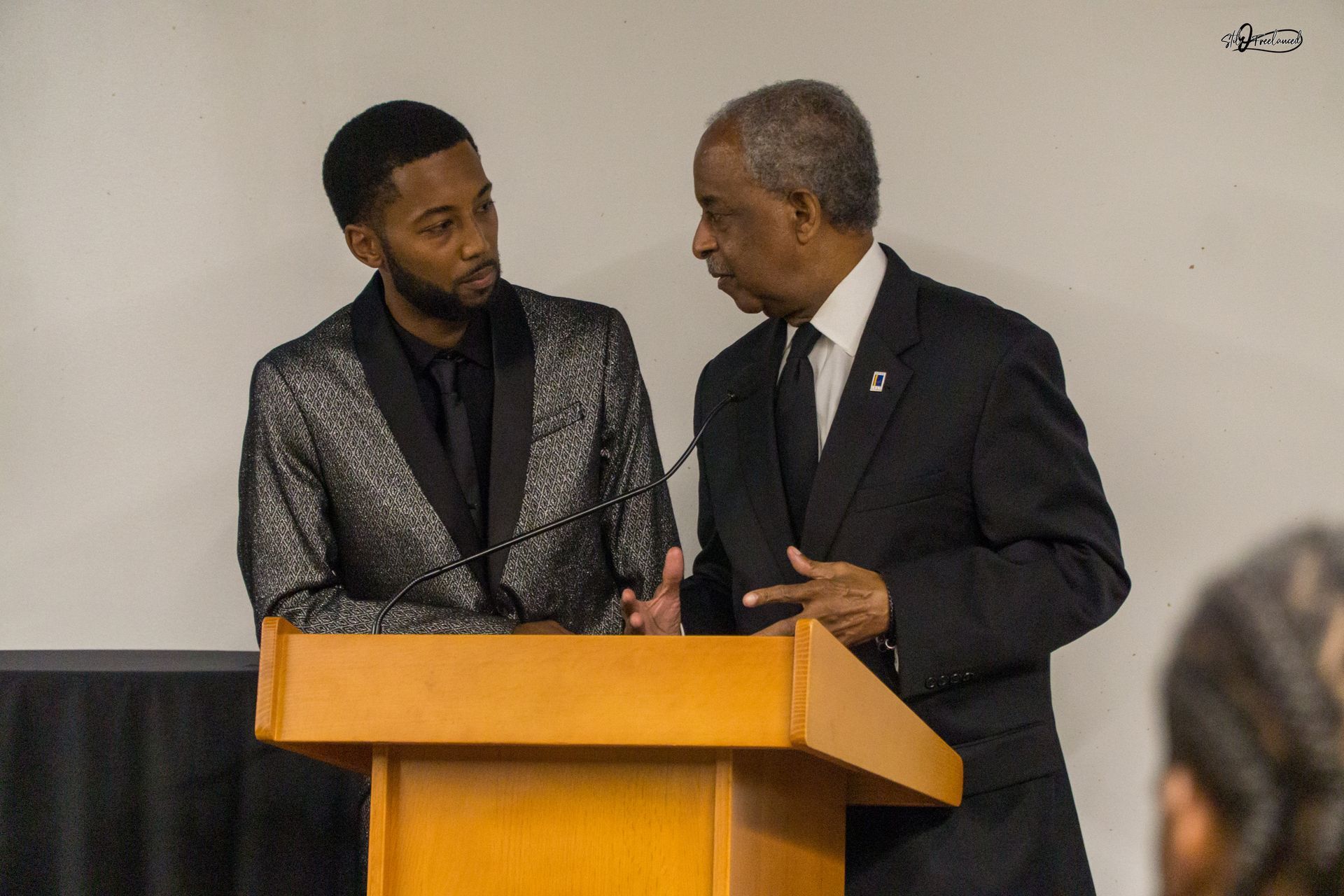Reflection: I Think America's Soul Needs More 'Black Boy Joy'
by Christian Chung
I have recently redefined my #BlackBoyJoy.
Not just for the sake of seeing the hashtag resurface, but as a living, breathing, public act of renaissance—a mirror turned inward, reflecting the full spectrum of Black manhood: happy, whole, and unburdened. In a nation still wrestling with its own introspection, I am convinced that what America needs most is not another lecture, but a lesson in joy—one that does not feel like an endangered emotion, but is both a protest and a prophecy.
Joy is not naivete, and Black Boy Joy was never meant to be a trend. It has always been a declaration encompassing both resistance and reclamation. It is the audacious act of being seen—not in suffering, but when soaring. Laughter unshackled, love unburdened, and tenderness in a world intent on hardening us—the nucleus in the soul of an improbable people.
Coined by journalist Danielle Young in 2016, the phrase emerged as a counterweight to the suffocating stereotypes that have long stifled Black boys and men. The viral story of Khadim Thiam and his friends—young Black men joyfully exploring New York City—underscores this truth: joy is not an act of relief; it’s a strategy for wholeness. Their goal was clear: to break the mold of how society sees young Black men, to insist on visibility as whole beings, not as threats in waiting. Sure, a viral video of young men enjoying matcha might seem mundane, but in a country that has never entirely made space for Black innocence, it becomes subversive.
In America, Black joy has never existed in a vacuum; it has always echoed against the walls of suspicion—like an echo chamber of dismissal. It is a feedback loop where the expression of Black individuality is flattened or pathologized. In 2025, this dismissal has become more sophisticated. Instead of the overt politicization of joy, which we saw in 2017—when even a hoodie or dance could be perceived as defying social norms—we now face erasure masquerading as equity; it is more procedural, seemingly polite, but no less detrimental. The chamber, now, in all its forms, elevates aesthetics and culture, but distorts advocacy. It is joy, neatly packaged—just as long as it does not demand justice.
This ethos is not new. In Durham, North Carolina—where I now have the privilege of working with the Durham Success Summit (DSS)—joy has long been an act of resistance. The Hayti District, once known as Black Wall Street, was a national beacon of Black enterprise until it was razed by urban renewal projects in the 1950s. Over 4,000 residents were displaced due to development that now splits the City in two. And yet, amid the redlining and prejudice rose enduring institutions like North Carolina Central University and Black-owned businesses that shaped generations. That legacy of resolve lives on in organizations like DSS, where I have witnessed how mentorship, entrepreneurship, and communal storytelling create space for joy as a strategy for success and self-determination.
This is why joy matters. The echo chamber appears to repeat the same tired sounds, but amid the noise, joy can send signals across generations: you don’t have to be what they expect to be successful. You can be soft and strategic, tender and tenacious, creative and calculated. During these times of uncertainty, I remind myself that there is still so much to be remembered and more celebrations to be had. The narrative is never set in stone, and neither are we. So, #KeepGoingBlackMan—never let anything smother your #BlackBoyJoy.





